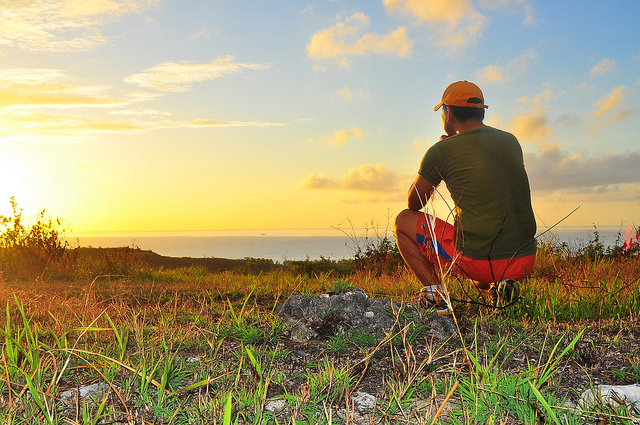
One of my favorite quotes about life is ironically also about death. It’s from Bernie Siegel, MD:
“An awareness of one’s mortality can lead you to wake up and live an authentic, meaningful life.”
(This quote is from his book Love, Medicine and Miracles: Lessons Learned about Self-Healing from a Surgeon’s Experience with Exceptional Patients).
It’s true. I’ve found in my own life, and also in working with many clients, that when we confront our own mortality, it puts us in a direct relationship with how fleeting our lives really are. And it helps us access a deeper appreciation and take a greater responsibility for the lives we’re living.
My own anecdotal experience of this truth is backed up by research into near-death experiences (NDEs). Those who’ve had NDEs tend to report a greater appreciation for life and a renewed sense of purpose. This helps them to better deal with life’s challenges and gives them more compassion for others. And yet despite hearing stories like these, most of us spend lifetimes denying the truth of our mortality—until we reach a point where it is forced upon us.
I’ll never forget a particular afternoon during my naturopathic medical training: rumors were spreading through the halls that one of our own, a 25-year-old student in her second year, had been hit by a truck while she was biking home, and was killed instantly.
I still feel a chill move through my body when I think of it. I didn’t know her personally, yet I felt the impact deeply. I biked back and forth to school every day. It could easily have been me and not her. I went home that night and wrote heartfelt notes to friends and family. I cried with friends. I told everyone I loved them and shared things that I had been meaning to share. I felt the loss and fear poignantly in me every time I rode my bicycle for about a month. My daily life took on greater meaning and intensity.
This wasn’t the first time I had experienced this, nor the last. Sometimes a confrontation with mortality can be brought on by a grave diagnosis, or by a near-miss, or even by a moment of heightened risk. I had another similar experience when hiking in the mountains on a trail with a steep drop-off and having moments where I knew that if I lost my balance, it would likely be the end for me.
Regardless of what brings it on, confronting our mortality gives us, for a brief time, a sense of a potent connection with how fleeting and unpredictable life really is. And with that recognition there often comes a willingness to prioritize what really matters, to be present to the precious miracle of being alive in a physical body.
Think about this for yourself. Have you ever had an experience in which you almost died and afterward viewed your life differently? Or perhaps navigating the death of a loved one, or knowing someone who died unexpectedly, brought up an awareness of your own fragility that felt especially potent? What awoke in you? What intentions, focus, or clarity emerged? What realizations did you have about your life and what really matters to you?
I’d be curious to hear your thoughts in the comments.
~
Author: Deborah Zucker
Editor: Travis May
Photo: Flickr/whologwhy











Read 2 comments and reply